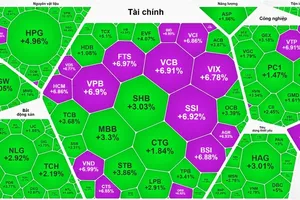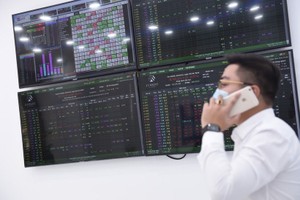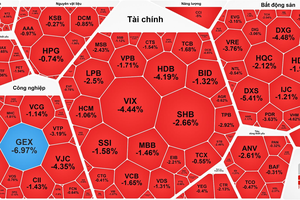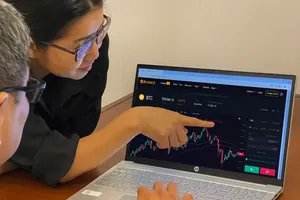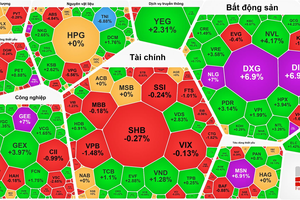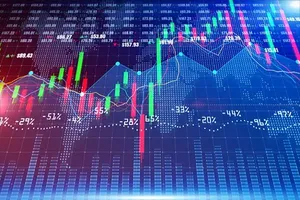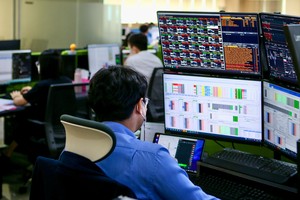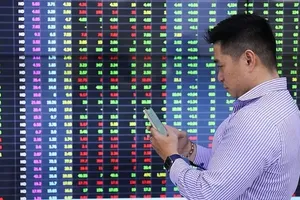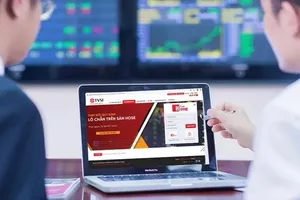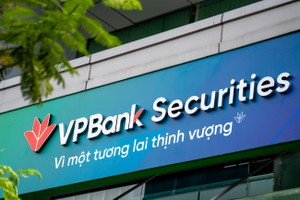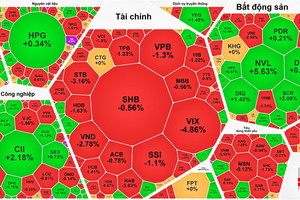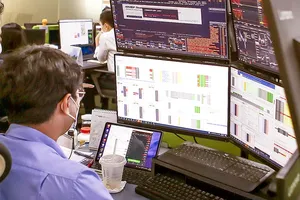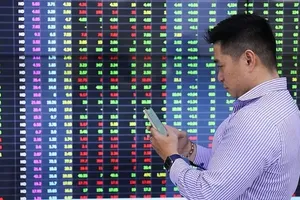The introduction of KRX is widely seen as a crucial missing piece in Vietnam's long-anticipated bid to transition from a frontier to an emerging market, a milestone that would unlock multi-billion-dollar capital inflows from global investment funds.
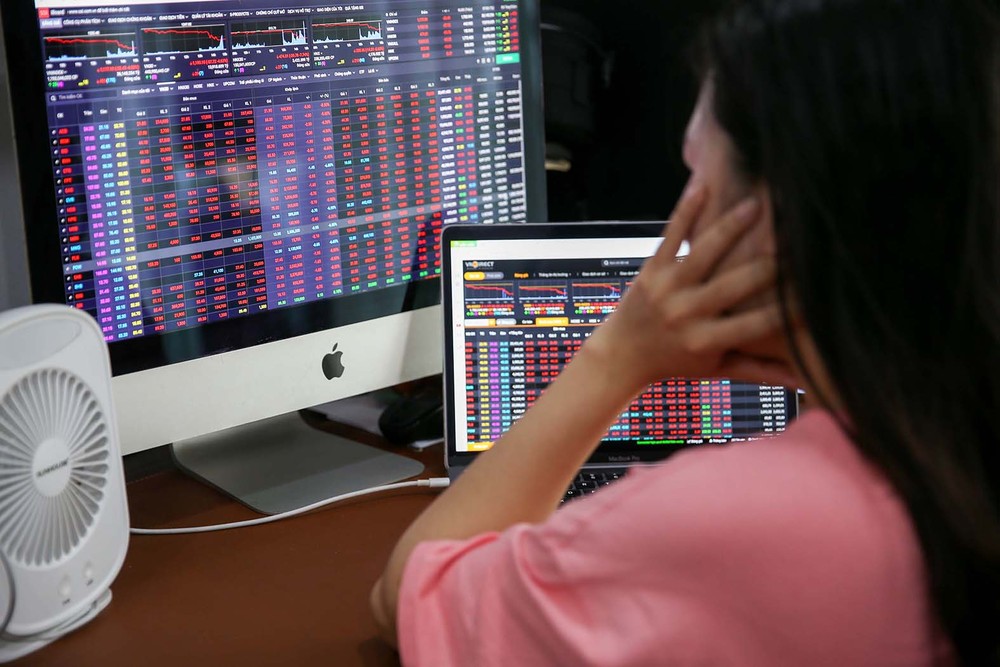
What does KRX bring to the table?
As Vietnam targets a national GDP growth rate of 8 percent or more by 2025, the need to mobilize vast financial resources is paramount. The economy is projected to require over VND4 quadrillion, or around $160 billion, to sustain this trajectory. Alongside state budget allocations, credit institutions, and capital markets, the stock market plays a pivotal role in this capital mobilization strategy.
According to Mr. Nguyen Duy Hung, Chairman of SSI Securities Corporation, the deployment of the KRX system marks a technological turning point. It lays a solid foundation for global rating agencies such as MSCI and FTSE to consider an upgrade for Vietnam’s stock market status.
Mr. Truong Hien Phuong, Senior Executive at KIS Vietnam Securities, emphasized that KRX will enable the implementation of critical market functions such as short selling, same-day (T+0) trading, and centralized clearing and settlement. These capabilities have long been viewed as technical barriers that have kept Vietnam below emerging market thresholds.
The launch of the KRX platform comes at a critical juncture, as Vietnam’s stock market had just emerged from a period of sharp corrections. In 2024, foreign investors recorded unprecedented net outflows from the market, with another VND42 trillion withdrawn in the first four months of this year alone.
The new system is expected to act as a much-needed catalyst to revive investor sentiment. By modernizing the market’s infrastructure, KRX aims to ensure greater transparency and operational stability. It will also broaden the range of tradable instruments, making room for major corporations to list and thereby attract both institutional and retail investors back into the fold.
Experts believe the KRX upgrade could help alleviate selling pressure from foreign investors. Should Vietnam secure an official market upgrade, it would likely draw a surge of foreign capital, boosting market capitalization and enhancing market depth.
The implementation of KRX is seen not merely as a technological enhancement, but as a strategic move with far-reaching implications. It signals Vietnam’s determination to elevate its stock market’s stature on the global stage—a necessary and inevitable step toward emerging market recognition in the near future.
Stronger oversight and greater transparency in listed securities
While the launch of the KRX system marks a significant leap forward, the effectiveness of Vietnam’s stock market ultimately hinges on the commitment of all market participants—including securities firms, service providers, and especially publicly listed companies—to improve the quality of their information disclosure. For investors, a level playing field built on transparency and fairness remains a central concern.
In recent years, the State Securities Commission of Vietnam (SSC) has stepped up its regulatory oversight, reinforcing a culture of transparency across the market. This effort has been underscored by a series of crackdowns on disclosure violations, stock price manipulation, and other market abuses.
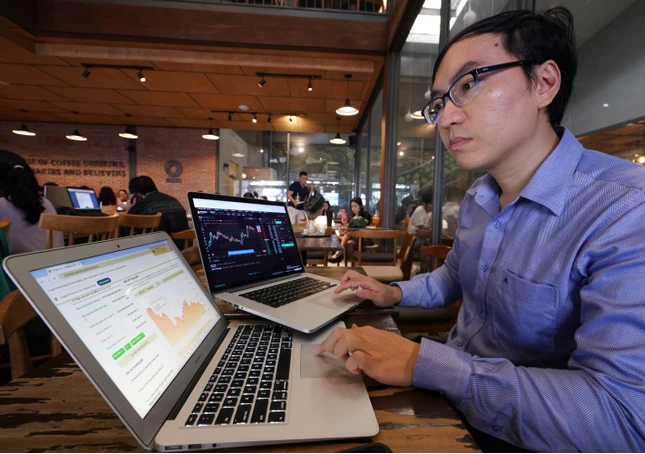
In 2024 alone, the SSC issued 224 administrative sanction decisions, imposing fines totaling VND55.5 billion. The most notable case involved Nam Song Hau Petroleum Investment Trading JSC (PSH), where four individuals were fined VND1.5 billion each—amounting to a combined penalty of VND6 billion—and banned from trading for two to three years. Additionally, 13 individuals who allowed others to use their accounts for manipulative trading were suspended from market activities for nine months.
Enforcement has not been limited to individuals. The SSC also issued penalties against 21 securities companies and six asset management firms. This year, the regulator sanctioned several individuals for manipulating the market, including in trades related to PDR stock, with each offender fined VND1.5 billion and barred from trading for two years.
To strengthen deterrence, the Ministry of Finance is currently soliciting public feedback on a draft decree that would increase the fine for stock manipulation from the current VND1–1.5 billion to VND2–2.5 billion.
These regulatory measures play a key role in cleaning up the market. However, what investors are truly looking for is early detection and preventive control—intervention before damage is done. Too often, retail investors find themselves holding shares in companies that are later caught up in scandals, causing stock prices to plunge relentlessly, with no clear path to recovery. Rebuilding trust in the market is therefore critical if it is to function as a robust channel for capital flow into the broader economy.
SSC Chairwoman Vu Thi Chan Phuong has emphasized that the securities industry will pursue a comprehensive strategy to ensure the sustainable development of the stock market. This includes legal reform, restructuring the securities and investor base, integrating advanced technologies, and enhancing inspection and surveillance mechanisms. Operating the KRX system, she noted, will be a vital factor in helping Vietnam secure an upgrade to emerging market status within the year.
Vietnam nears 9.82 million retail brokerage accounts
According to the latest data from the Vietnam Securities Depository and Clearing Corporation (VSDC), April 2025 saw the addition of 194,049 new domestic brokerage accounts. The overwhelming majority—93,948 accounts—belonged to retail investors trading in small lots (typically valued between VND1.5 million and VND3 million). The remainder comprised accounts held by institutional investors and professional traders.
This surge brings the total number of individual domestic brokerage accounts in Vietnam to nearly 9.82 million, representing 9.6 percent of the national population.
Boosting the number of active market participants is a key priority in the Government’s roadmap for capital market development through 2030. Under Decision No.1726/QD-TTg, issued on December 29, 2023, the Prime Minister approved the “Strategy for Developing Vietnam’s Securities Market Until 2030,” which outlines goals to broaden investor participation and deepen market engagement.
As part of this strategy, the government aims to increase the number of individual brokerage accounts to 11 million by 2025, and to 20 million by 2030.
